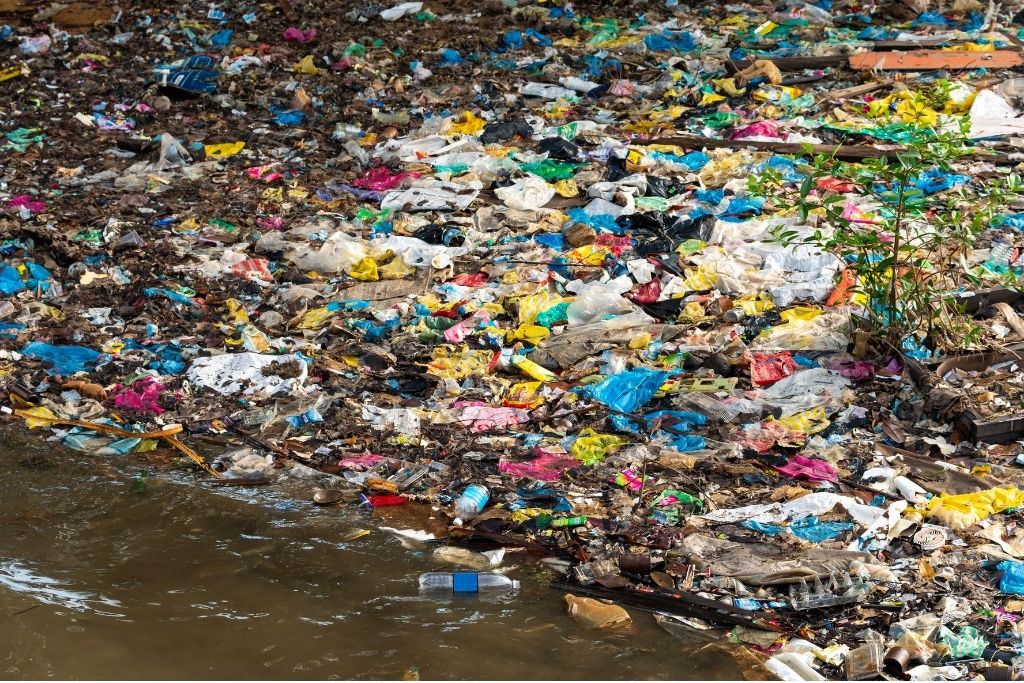Global support for a single-use plastics ban is at a new high ahead of UN assembly that will debate upon a treaty tackling plastic waste and pollution.
—
Three in four people worldwide want single-use plastics including bags, straws and water bottles to be banned as soon as possible, according to an international poll conducted by marketing firm Ipsos and anti-plastics campaign Plastic Free July.
The survey, which was released on February 22, polled more than 20,000 people across 28 countries around the world. People in support of such a ban rose from 71% in 2019 to 75% in 2022, while those agreeing there should be less plastic packaging jumped from 75% to 85%.
85% of respondents were also in favour of manufacturers and retailers being held responsible for reducing, reusing and recycling plastic packaging. A number of European countries and North American counties and states have already implemented such a policy called the Extended Producer Responsibility (EPR), where companies are charged for collecting and recycling cardboard boxes, plastic containers, and other packaging materials, as well as the disposal of any non-recyclable packaging materials.
The compelling global demand for a single-use plastics ban will help make a case at the upcoming United Nations Environment Assembly in Nairobi, Kenya, where debates surrounding plastic pollution could see a legally-binding international treaty be signed.
“People worldwide have made their views clear,” said Marco Lambertini, the director general of WWF International. “The onus and opportunity is now on governments to adopt a global plastics treaty … so we can eliminate plastic pollution.”
Though it is unclear whether the legal rules will focus simply on waste collection and recycling or take on more radical measures such as curbing production and use of throwaway plastics. But nearly 90% of those surveyed said they would support an international treaty on tackling plastics.
You might also like: Solution for Plastic Pollution: 6 Policies and Innovations Tackling Plastics
Among the biggest supporters of a plastic ban are Latin America, notably Colombia and Mexico, China, and India, where plastic pollution is rampant. Wealthy nations however, were less supportive, including Canada, the United States, and Japan. The latter of which had less than 40% in favour of a ban. Yet these countries are some of the biggest culprits of plastic production; the US, the UK and South Korea lead the world in per capita plastic waste, according to a 2020 study. Much of which is then exported to the developing world.
Plastic waste and pollution can have a detrimental effect on the environment. Millions of tons of plastic waste is dumped every year, more than 8 million tonnes of which ends up in oceans, harming marine wildlife and ecosystems in the process. Plastic also takes up to hundreds of years to break down; smaller particles called microplastics also make their way into soil and water, and eventually are consumed by humans.
While plastic bans are crucial and increasingly more popular, it will likely take at least two years to finalise any treaty.


















